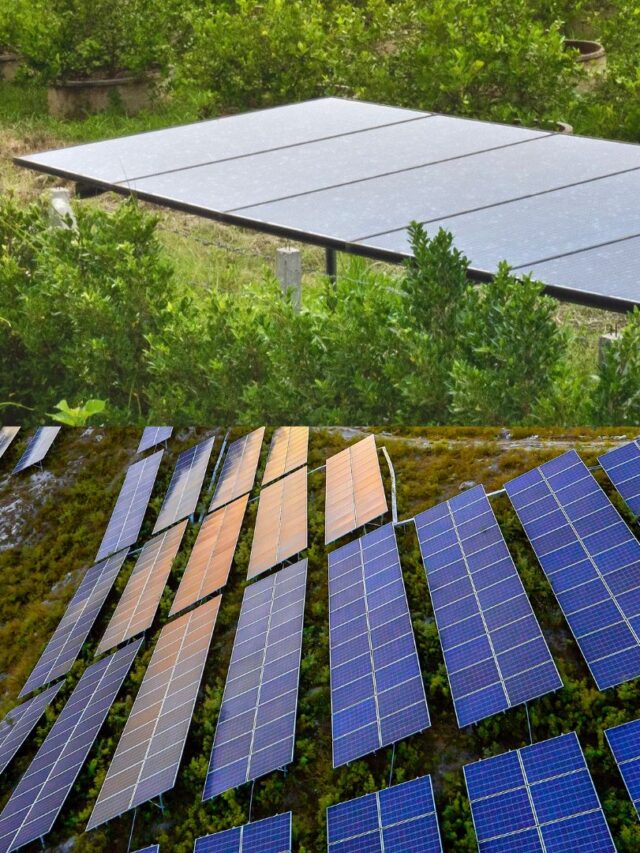Scheduled for November 5–6, 2025, in Dubai, this event focuses on smart farming, sustainable agriculture, and investment opportunities, bringing together global innovators and stakeholders.
Inefficient phosphorus use leads to significant losses—up to 95% from mining to consumption—resulting in environmental pollution and economic burdens for farmers due to increased fertilizer needs .
Urban agriculture is transforming cityscapes by integrating food production into urban environments. From community gardens to vertical farms, these initiatives enhance food security and foster
The UAE is rapidly becoming a hub for agritech innovation. Events like the AgriNext Awards & Conference showcase advancements in sustainable farming, attracting global investors and tech pioneers.
Aeroponics suspends plant roots in air, misting them with nutrient-rich solutions. This method uses 95% less water than traditional farming and enhances oxygen intake, promoting faster growth.
Regenerative agriculture restores soil health through practices like cover cropping and reduced tillage. In Punjab, India, crop rotations with maize and legumes enhance soil nutrients and reduce
Farmers are adopting solar energy to reduce reliance on fossil fuels, lower energy costs, and minimize their carbon footprint. This sustainable approach enhances agricultural productivity .
In 2025, countries worldwide are embracing organic agriculture. Germany aims for 30% organic farmland by 2030, while the EU targets 25%, promoting biodiversity and sustainable practices.
Artificial Intelligence is reshaping agriculture with smarter solutions for precision farming, automation, and data-driven decision-making. From AI-powered drones to predictive analytics, technology .
AgriTech startups are revolutionizing agriculture by integrating technologies like AI, IoT, and precision farming to enhance yields, reduce waste, and promote sustainable practices.










